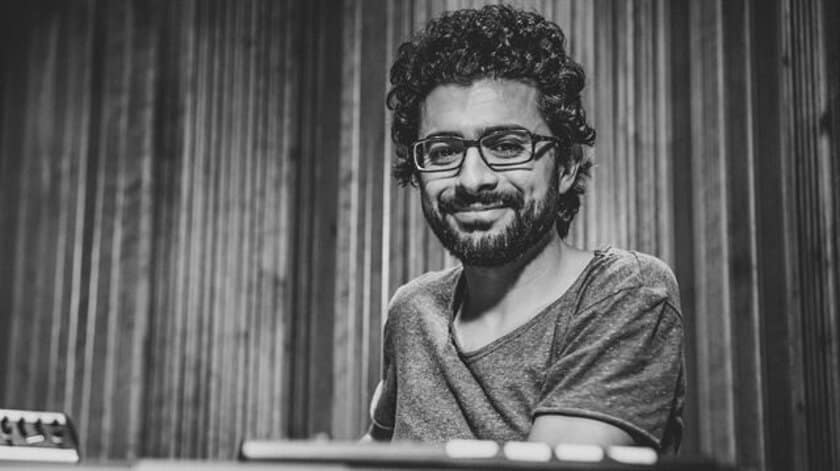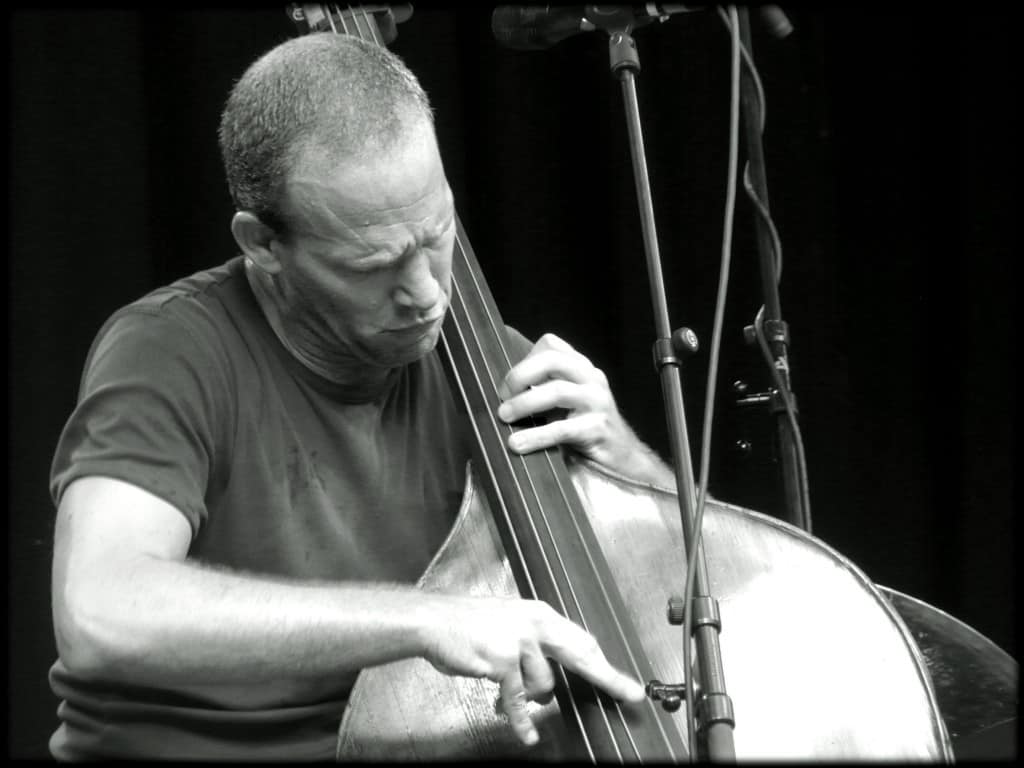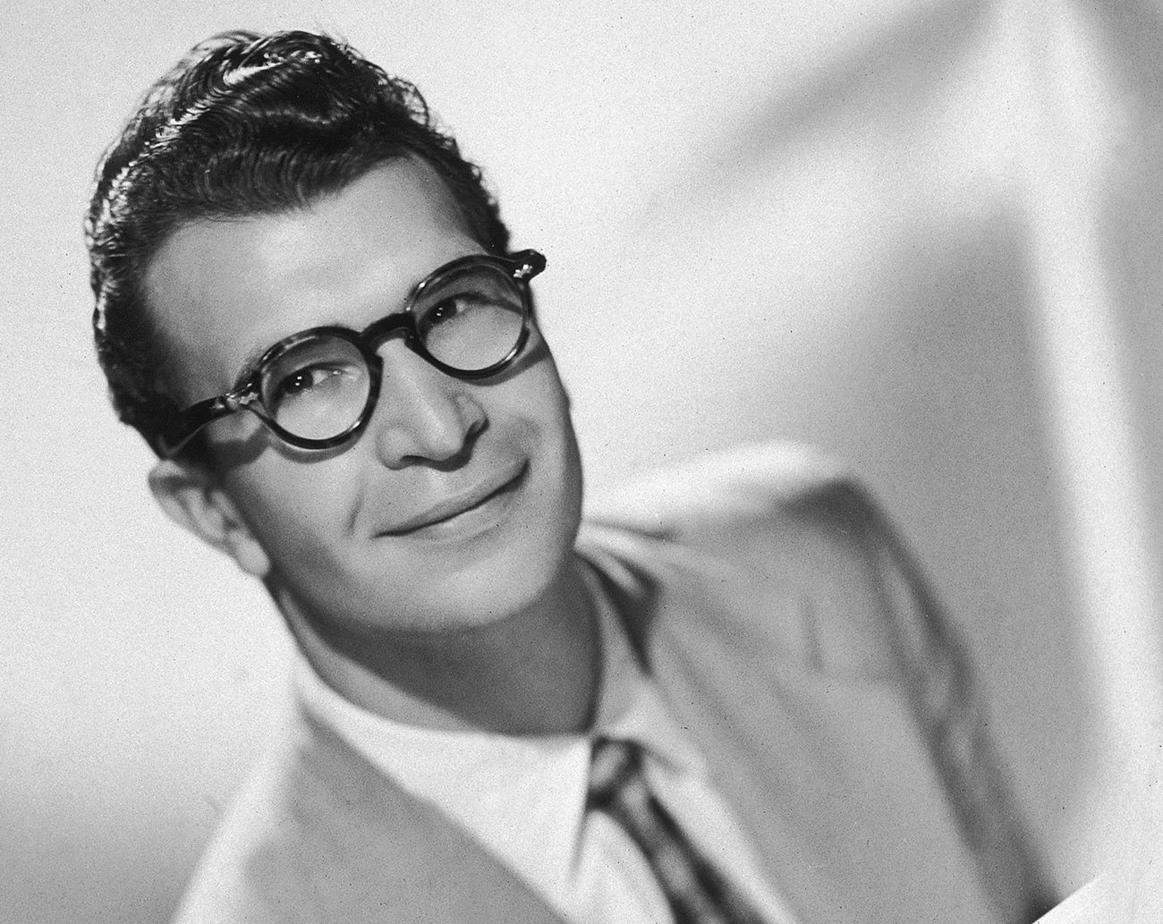Tarek Yamani – Peninsular
Peninsular is a pioneering new work which blends the virtually unexplored rhythms of the Arabian Peninsula with the frameworks of African-American jazz.
The music of the khaleej (common term used to describe the Arabian Gulf) is famous for its laid-back feel and distinguished sense of swing, which is a trait not found in the music of the rest of the Middle East.
Jazz and khaliji music have so much in common due to their shared ancestral African polyrhythm and therefore merging both worlds together was more like connecting two distant family members.
Another important aspect of Peninsular is the introduction of “quarter tones” in a rich harmonic context. In this album, Tarek plays on both, acoustic piano and electric keyboard with the latter being programmed to play the quarter tones found in Arabic maqam, giving the compositions an added dimension to their sound.
Peninsular features seven original compositions, one traditional Yemeni song and a rearrangement of a Bedouin tribe vocal sample.
Each of the original compositions is based on a rhythm from the region:
- Indisar is inspired by a desert genre predominant in all of the peninsula called ‘arda. Every region has its own variation of ‘arda and this particular composition used the Qatari version which is in 3/4 and characterized by a subtle sense of swing. Indisar features up to 15 layers of percussion which gives it this huge sound.
- Hala Land is based on one of the most popular rhythms used in the pop music of the Gulf, the khaliji It’s believed that this rhythm originated in Yemen and spread around the Peninsula. Hala Land is in the maqam of Bayat (second and sixth degrees half-flatted). In his solo on this track, Tarek experimented with playing piano and keyboard at the same time to produce interesting effects because of the clash of the well-tempered notes with the quarter-toned ones.
- Samrias is a samri + bulerias. Samri is a widely used term which describes the late-night musical gatherings in the desert until the dawn and it is also the name for one of the oldest Bedouin musical arts. The rhythm behind Samrias is a polyrhythmic 6/8 with a ternary cycle which seemed reminiscent of the Spanish bulerias.
- Qumeirah is based on a rhythm played in the UAE called sittati or bannati (both mean “girly” but sittati has a double meaning the other being “in six”) and the rhythm is indeed in 6/4. Qumeirah’s melody is in the maqam of mahur which a variant of the rast maqam but with only the 3rd degree half-flatted.
- Al Qorbi Nasnas is a beautiful traditional song from Yemen made famous by Yemen’s iconic singer Abu Bakr Salem. The poem is written by a religious Sufi scholar called Abu Bakr Al Aydarus (1447-1508). It describes the passionate moment when two lovers meet at the beginning of the night and how they try to influence everything around them so that the night goes on forever and the sun never rises.
- Gate of Tears is based on the African-influenced rhythm called sharh ‘adani from Aden, Yemen. It is believed that the first human migration out of Africa, 60,000 years ago, was through what is now the strait of Bab-Al-Mandeb between the Horn of Africa and Yemen. Bab-Al-Mandeb literally means “door of mourning” or “gate of tears” which is probably named as such because of the symbolism of this route with slavery trade. Gate of Tears tells the painful story of those who were forced out of Africa into Arabia.
- Peninsular is the album’s title track because it seems to represent the jazz/khaliji intermarriage the most from the points of view of harmony, rhythm and improvisation. The melody follows a jazz harmonic progression which adapts to the alternating tunings between quarter-tones and well-tempered scales.
- Rastprints is a composition inspired by the wedding music of south of Saudi Arabia. As the name suggests, it is in the scale of rast but the solo section alternates between two keys, G rast and Ab Major. The harmonic progression is that of the typical jazz “rhythm changes” and the rhythm is based on the ‘arda janubia from Saudi Arabia which has clear similarity with Brazilian samba.
- Ayyala Cubana features a vocal sample from a tribe from Saudi Arabia who still performs an ancient style called dahha. This art is characterized by the use of a special vocal technique that they used to trick the enemy to believe they’re in large numbers from hearing their sounds at night. The ‘ayyala is a traditional art from the UAE which bears close resemblance to the Cuban cha cha. In this track, the dahha sample was combined with the ‘ayyala rhythm which inspired the band to perform in a Latin music atmosphere.
About Tarek Yamani
Born and raised in Beirut, Lebanon, Tarek is a self-taught jazz pianist and composer. Critically acclaimed for music that is “full of poetry and mysticism”, Tarek revisits the classic traditions of the Arab world through the complex rhythms and harmonies of jazz. In an invigorating style, Tarek ingeniously bridges the boundaries between two eclectic cultures and musical heritages.
Winner of the ‘Thelonious Monk Jazz Composer’s Competition 2010’, he was invited to perform at the inaugural International Jazz Day in 2012, held at the UN headquarters in New York.
He has performed and composed in a variety of other styles including Afro-Cuban, Brazilian, Flamenco, Electronic and Arabic music.
Tarek also writes essays observing relationships between science and music as he self-published an educational book about rhythm entitled Duple Vs. Triple.
Tarek’s latest work Peninsular, commissioned by the Abu Dhabi Festival, is a pioneering interpretation of rhythms of the Arabian Peninsula within the frameworks of jazz.




